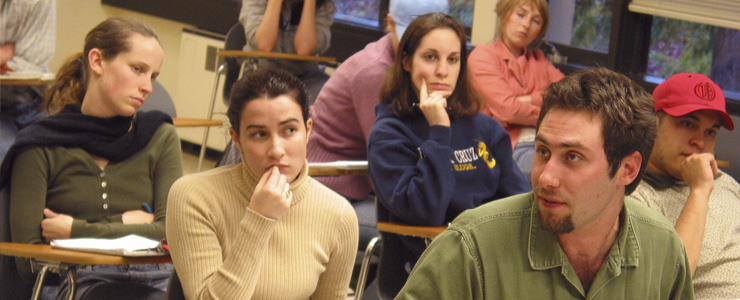FAQs
I’ve never heard of research development—what is it?
Great question!! You might not have heard of research development since it often occurs somewhat “under the radar”-but it is relatively new career within research administration that focuses on upstream activities that position researchers to develop competitive proposals targeted at extramural funding opportunities. Research development involves consulting and brainstorming on the content, quality, and alignment of research topics with sponsor requirements. It encompasses everything from single-investigator efforts to complex multi-disciplinary initiatives. Research development does not replace the need for each proposal to be compliant with policies and regulations, but it streamlines the overall proposal submittal process by ensuring that a proposal is competitive in addition to being complete, correct, on-time, and on-budget. The research development career path has spawned several national and international organizations and certificate programs.
Why is UCSC starting an Office of Research Development?
The research funding landscape is becoming increasing competitive. UCSC is moving towards strategic expansion of our research portfolio and we aspire to continue to support high-quality research and graduate programs. We recognize the importance of engagement in research development throughout the research lifecycle. In fact, the absence of Research Development expertise can put us at a disadvantage when we compete with institutions that were early adopters.We also hope to begin an apprenticeship program to enable graduate students to get hands-on experience in the craft of research development.
I am thinking about writing a proposal that is due in 90 days. When should I get started?
You should start right away by setting up a brief consultation with the Divisional ORD representative or the main office. The initial consultation will help to frame the research objectives, develop a strategy for proposal development, and initiate a scheduling process. Starting early will help you get valuable feedback early enough in the process to potentially avoid time-consuming and frustrating re-writes. An added bonus of an early start is that you might be able to have a mock merit-review of the proposal with enough time to modify the content, if needed.
How do I make sure my proposal can be funded?
Unfortunately, there are no guarantees on funding. Your job is to make sure that the proposal is as competitive as possible. The ORD can help sharpen the overall competitiveness and provide input on shaping the final product and outreach.
I just was informed that my proposal was declined; what should I do?
Well, receiving a decline notice is undoubtedly disappointing. But, you should be aware that (unfortunately) the majority of research proposals are declined. So, take a deep breath, read the reviews thoughtfully, and try to interpret the reviewers concerns. Most sponsoring agencies are willing to provide feedback. Sometimes funding decisions are influenced by factors that go beyond the quality of an individual proposal. In any case, it is important to get any and all feedback that is available as soon as practical. You can contact ORD to get input on the potential value of a thorough debrief of the proposal outcome with an eye towards identifying potential next steps. It may be possible to revise or repurpose parts of the proposal for a different program or resubmit a revised version to the same program, if the opportunity presents itself. In other cases, it could be valuable to compile a list of “lessons learned” for future reference.

